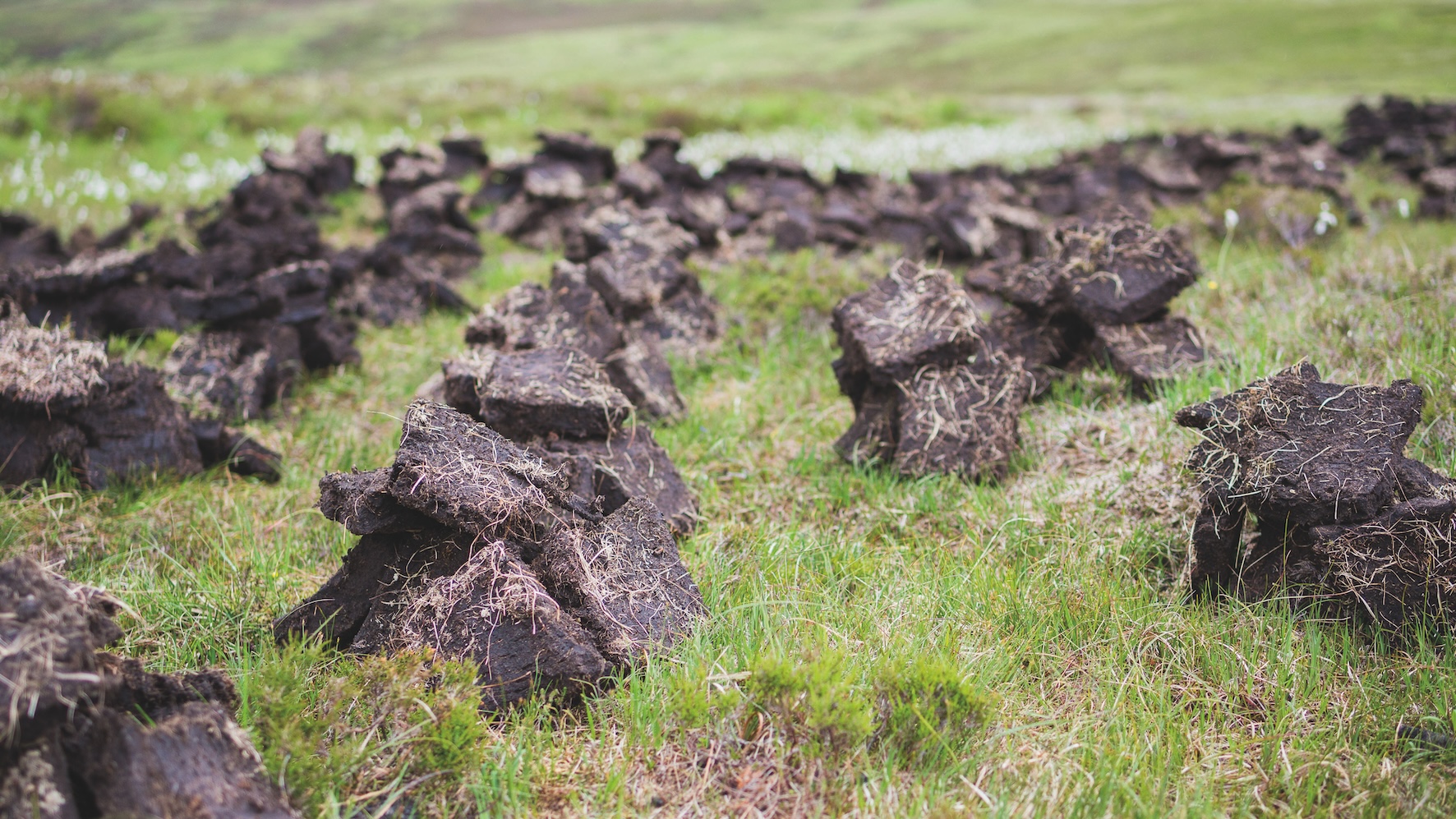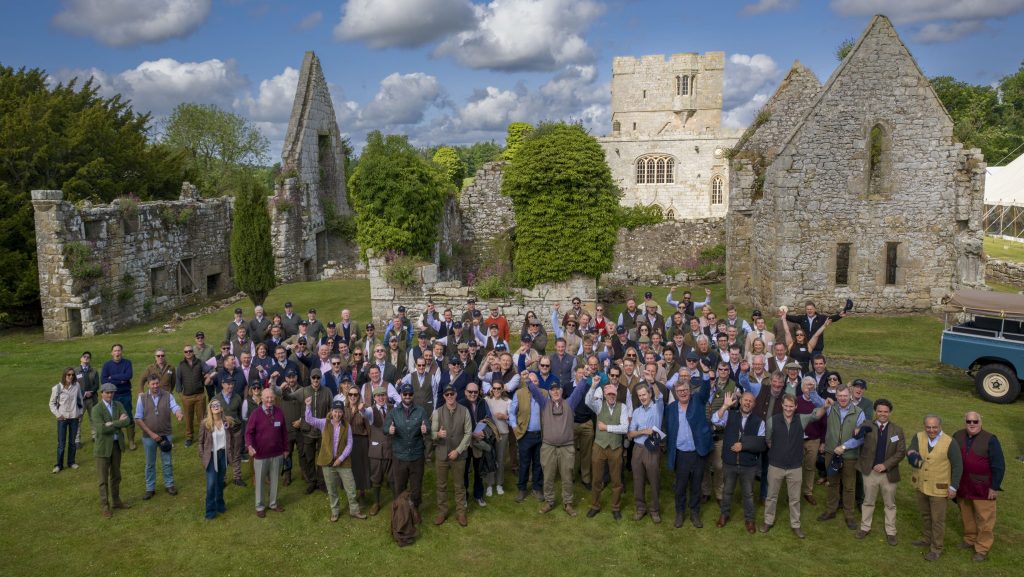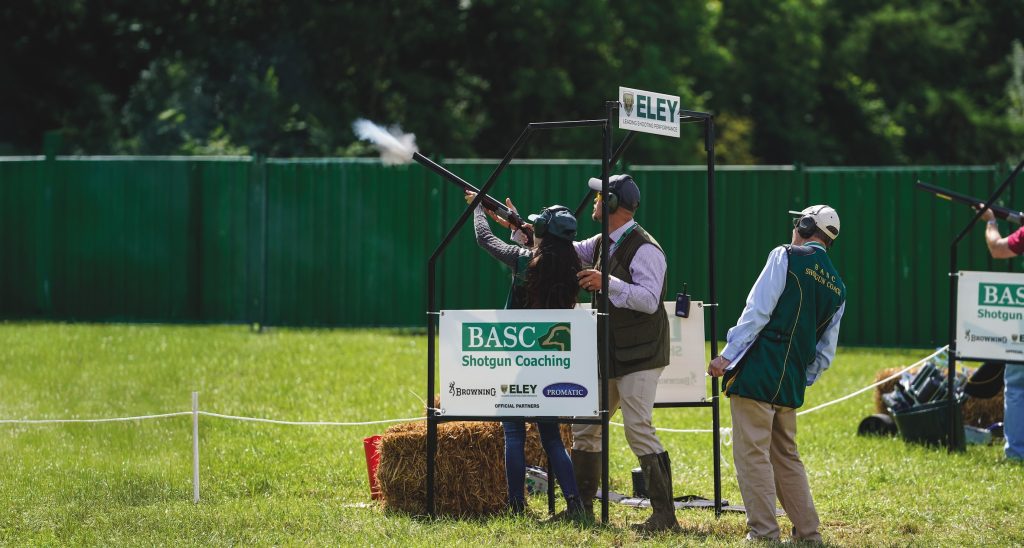News
Restoring peatland helps cut damaging emissions
Would you like to speak to our readers? We offer sponsored articles and advertising to put you in front of our audience. Find out more. Peat digging on the Isle of Skye, Scotland
Peat digging on the Isle of Skye, Scotland
Restoring poor-quality peatlands could cut Scotland’s emissions by as much as decarbonising the country’s entire housing stock. But, ironically, the most influential climate change body advising large corporations does not recognise peatland restoration as a legitimate means of offsetting greenhouse gas emissions.
A group of companies and charities has written to the Science Based Targets Initiative (SBTi) to say this stance is holding back the flow of private finance. They accuse the organisation of constraining international efforts to restore peatlands and sending an “unscientific message to investors that peatland restoration is not a legitimate way to tackle the climate crisis”.
SBTi has insisted it does encourage companies to invest in peatland restoration on top of cutting their emissions.
Waterlogged peatlands provide anaerobic environments that prevent dead plants from decomposing, locking carbon into the landscape. Damaged peatlands that have been drained for agriculture or forestry can dry out, releasing greenhouse gases.
In 2020, the Scottish government pledged to restore 250,000 hectares of peatland by 2030, but has been slow to do so, with only 18,500 currently restored. It is felt that public funding alone will not be enough to protect the vast carbon stores locked up in peatlands and that private finance is needed.
SBTi works with around 5,000 businesses globally, including Tesco, Kellogg’s and the BBC, advising them on how to reduce their greenhouse gases, primarily through planting trees.
Eleanor Kay, senior policy adviser for agriculture and climate change at Scottish Land & Estates told Shooting Times: “Peatland restoration extends far beyond the usual focus on carbon sequestration. By restoring peat, we not only capture carbon but also significantly enhance natural flood management and support biodiversity. With the new Peatland Action assessment criteria prioritising projects that incorporate private finance, it’s essential to prevent potential investors from being deterred by conflicting information,” she added.
“For Scotland to achieve its net-zero targets and adapt managed land to climate change, diverse actions are needed beyond tree planting. The Scottish government must provide strong leadership to meet the growing expectations placed on land managers and ensure successful, holistic environmental strategies.”
Chief executive of the Moorland Association, Andrew Gilruth, said: “Perhaps we should stop fighting nature — and work with it? Since gamekeepers are already working in these amazing landscapes, it does not require a conservationist to turn up and tell them what to do.”
Related articles
News
Duke's Challenge raises record-breaking £685,000 for GWCT
The shooting community has backed wildlife conservation in spectacular fashion, raising a record-breaking £685,000 for GWCT
By Time Well Spent
News
‘So what exactly do you lot do, then?’
You’d be surprised how many projects staff and volunteers deliver, as well as BASC’s vital work helping members, says Conor O’Gorman
By Time Well Spent
Manage Consent
To provide the best experiences, we use technologies like cookies to store and/or access device information. Consenting to these technologies will allow us to process data such as browsing behavior or unique IDs on this site. Not consenting or withdrawing consent, may adversely affect certain features and functions.
Functional Always active
The technical storage or access is strictly necessary for the legitimate purpose of enabling the use of a specific service explicitly requested by the subscriber or user, or for the sole purpose of carrying out the transmission of a communication over an electronic communications network.
Preferences
The technical storage or access is necessary for the legitimate purpose of storing preferences that are not requested by the subscriber or user.
Statistics
The technical storage or access that is used exclusively for statistical purposes.
The technical storage or access that is used exclusively for anonymous statistical purposes. Without a subpoena, voluntary compliance on the part of your Internet Service Provider, or additional records from a third party, information stored or retrieved for this purpose alone cannot usually be used to identify you.
Marketing
The technical storage or access is required to create user profiles to send advertising, or to track the user on a website or across several websites for similar marketing purposes.





